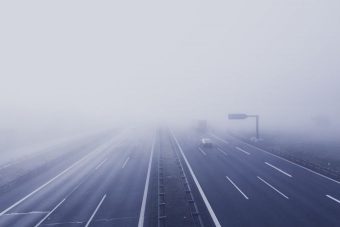
It is amazing that the Volkswagen and diesel emissions scandal was not discovered earlier. In 2003 nitrogen dioxide alongside London’s Marylebone Road increased by around 20%. As we approached the 2010 legal compliance date, concentrations from traffic went up, not down, and diesel cars were shown to be much more polluting than the official tests led us to believe.
However, according to the EU parliament’s recent inquiry, no one suspected that any car manufacture was cheating. Instead it was thought to be a weakness in the test.
Extra air pollution, over and above test figures, from VW diesel cars in Germany is thought to have produced 1,200 early deaths between 2008 and 2015. However, differences between real-world and official test emissions are not confined to VW. A recent French government investigation found only four out of 52 diesel cars met emission limits when used on the road, and half those in Dutch tests showed “non-standard” behaviour.
These include reducing the pollution control after around 20 minutes (the official test duration) or when driving below the 20oC test temperature. Car manufacturers claimed that these strategies are to prevent engine damage.
We will have to wait until September 2019 before all new diesel cars are required to pass a real-world test. This has implications for proposed diesel scrappage schemes. In order for it to work, new cars have to be cleaner than the scrapped ones. To be really effective this means a petrol or electric replacement.
Alternatively, the London Mayor suggests, the scrappage grant could pay for mobility and not a new car; many years of car club membership, cycle hire or a public transport pass.
Source: theguardian.com

